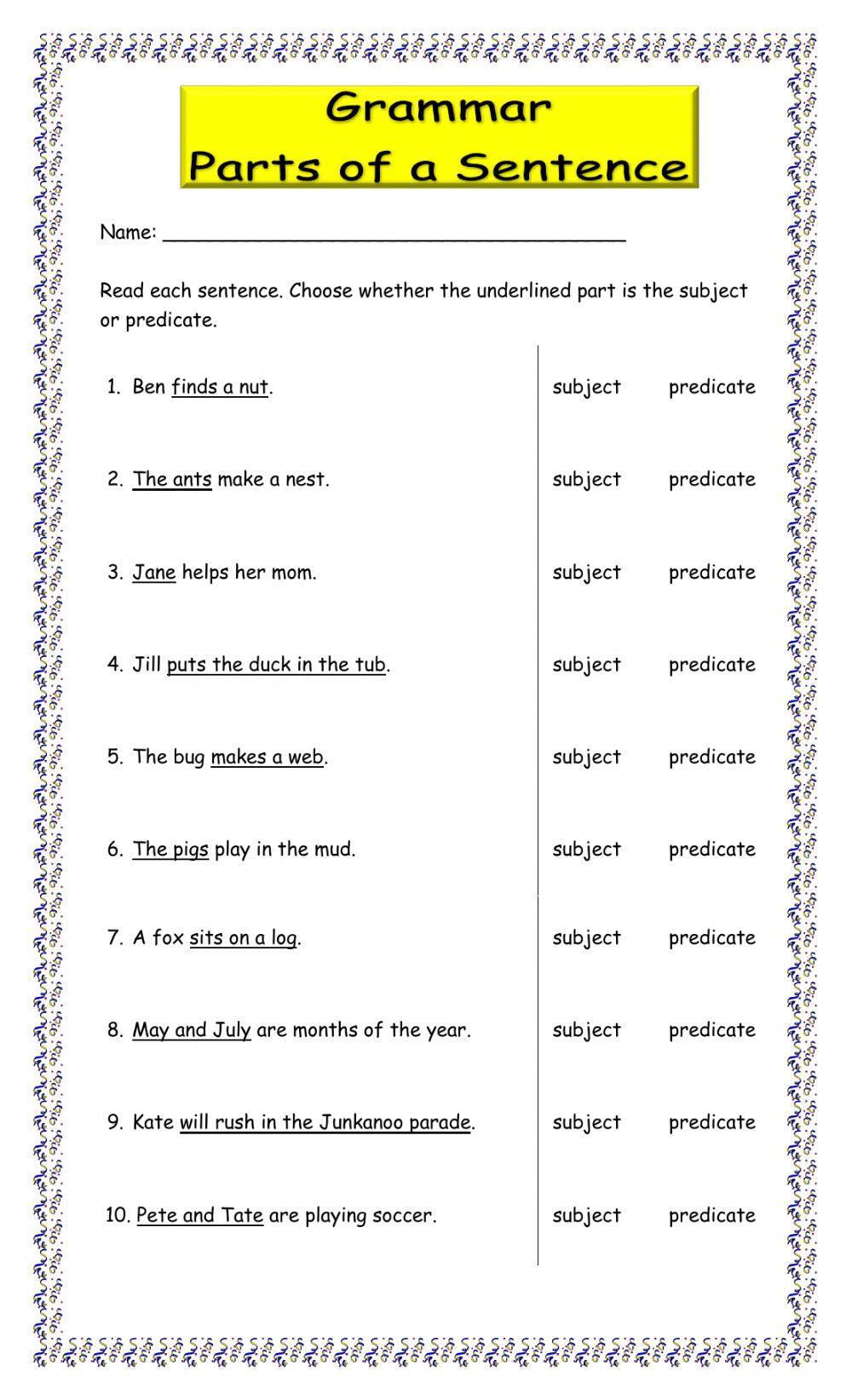Relative Pronoun :
Definition :
Relative pronoun join to clauses with one another and also called conjunctive pronoun. when one clause is dependent and another Clause is independent .
For example:
who, what and which
or
They are same in structure As as interrogative pronoun but they are used to add some more information to a sentence by referring to some noun or pronoun coming before it which is called antecedent.
For example:
1: Stay away from people who are insane .
2: I don't know the people whom you meet regularly.
3: He does not like the room which are dirty.
Types of relative pronoun:
1: Subjective or nominative relative pronoun [who]
2: Objective or accusative relative pronoun [which]
3: Possessive or genetic relative pronoun [whose]
TYPES :
1: Subjective or nominative relative pronoun [who]
Are relative pronoun which is used to replace the subject noun of a main clause.
1: who -> person
2: which ->thing
3: that -> both
For example:
1: Harris is a driver . He drives very fast .
=> Harris who drives very fast is a driver.
=> Harris is a driver who drives very fast .
Proximity :
Relative pronoun is used right after its antecedent. / after its actual position .
When a relative pronoun is used right after noun it modifies is called prepaid pronoun and when it comes after the main clause it is called postpaid pronoun.
2:Objectives /accusative relative pronoun:
A relative pronoun which is used to replace the object noun of a main clause.
For example:
whom, which, that
3: Possessive/ genitive relative pronoun:
A relative pronoun which is used to replace the possessive noun in the main clause.
For example:
whose [both] which ,relative pronoun +noun subject, object
1: He is my friend his father is a doctor.
=>He is my friend whose father is a doctor.
Deletion of relative pronoun:
A relative pronoun may be omitted/ removed when it is used with object of verb or preposition in objective case only.
For example:
whom, who ,which and that
NOTE:
1: relative pronoun can be subject or object.
If subject or noun, pronoun came after relative pronoun so it can be subject.
For example:
1:you can do almost everything that you want.
👇 👇 👇 👇
Verb object of verb relative pronoun subject
=> If that is remove still it give complete meaning and sense.
2: But if there is no pronoun came after relative pronoun in that case related pronoun act as a subject.
For example:
1: Bilal is the person who love the food most.
👇 👇
Subject object
=> If who remove so it become informal and give incomplete sense.

